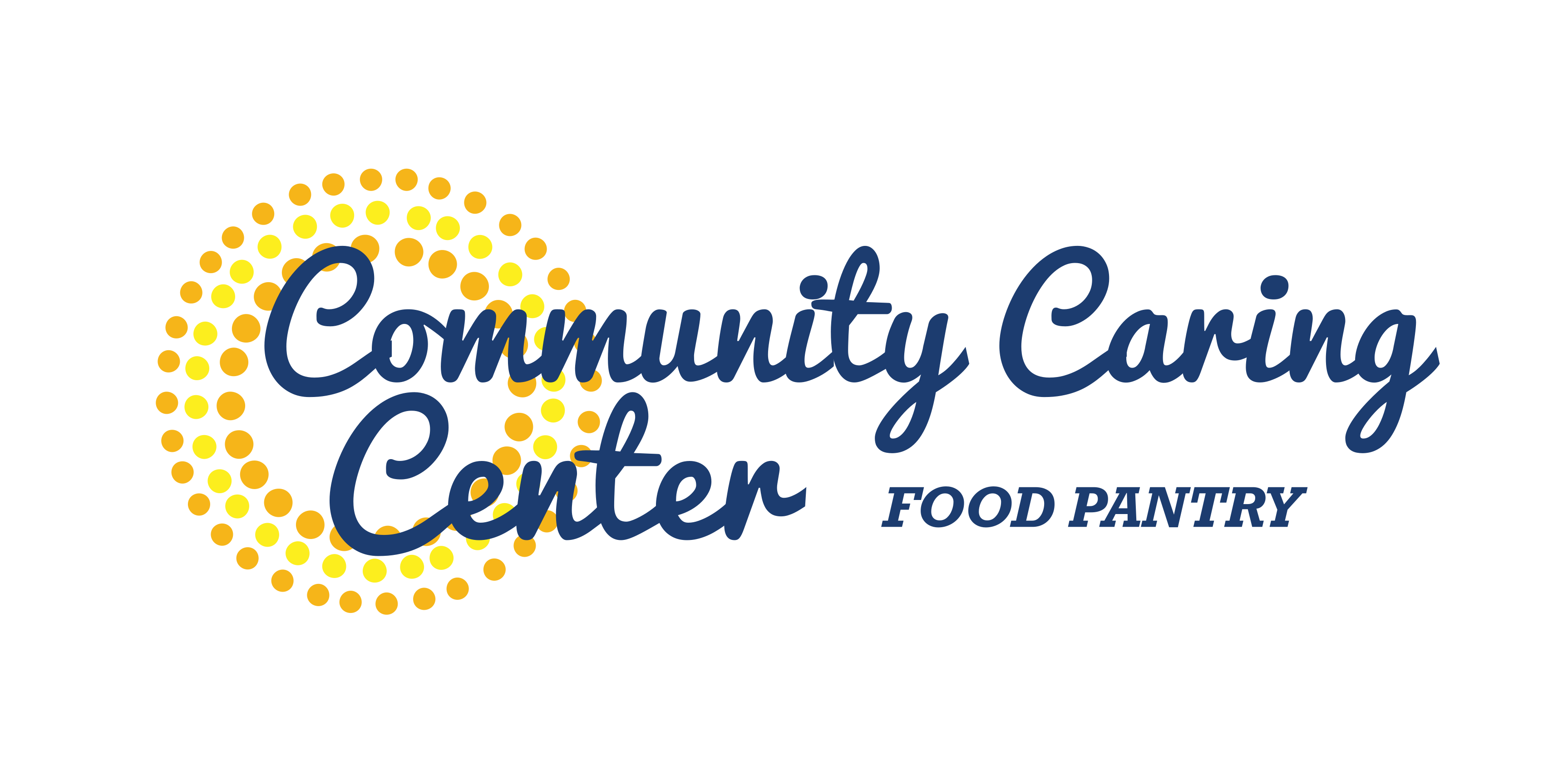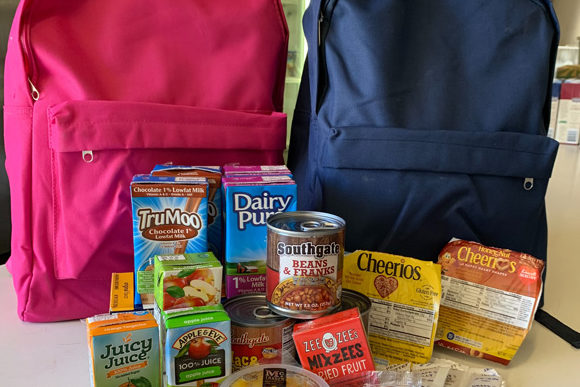Kristie Cooper, Executive Director of CCC, sits down with Kristi Dowell, School Counselor for Azle Junior High and Santo J. Forte Junior High, and Hollee Reed, Crisis Intervention Counselor of Azle ISD, to discuss food insecurity within our schools.
The first thing we do is teach our staff kind of the difference between being food insecure and hungry. We have all experienced hunger. We’ve all been hungry, but there are differences when you don’t know when your next meal or where your next meal is coming from. We ensure we train our staff every year on how to identify hunger with students.
At Azle ISD, we want the students to show up to school and be able to concentrate a hundred percent on their academics and what they’re learning. And when they have food insecurity, they tend to be distracted from their learning. And they have this worry in the back of their mind that, you know, stops them from being able to concentrate. There’s always physical appearance things.
And there are signs that we may see in the school that may indicate food insecurity, like:
- They might rush food lines
- They may always be asking what the next meal is
- They may be worried about the meal the next day
- They may have dry, cracked lips.
Things like that alone can be physical signs that we just learn to watch for. And we are looking for social aspects as well. It tends to annoy some of their friends because they constantly want some of their friend’s food or something they brought from home.
And finally, food insecure students do not concentrate as well – they’re getting in trouble constantly. They’re unable to focus on what they need to. It affects their grades and their learning. And once they’re in trouble with their discipline, the problem is not solved. So the student is still going to be hungry. They’re still going to be looking for food. Even if it’s not in an honest way – if they have to steal it or sneak it or take it from somebody. And so we’re disciplining them, but we’re not solving their problem.
Our teachers in Azle not only teach but also support the whole well-being of the children coming into their classrooms. They are often the first to identify when a child isn’t getting enough nutrition.
And that’s where we step in.
Our backpack program allows us to provide healthy, easily prepared foods to children within Azle ISD. School counselors discreetly distribute backpacks each Friday during the school year.
Thank you to our Azle teachers and staff for being our eyes and ears and helping us grow healthy, strong children in our community!

